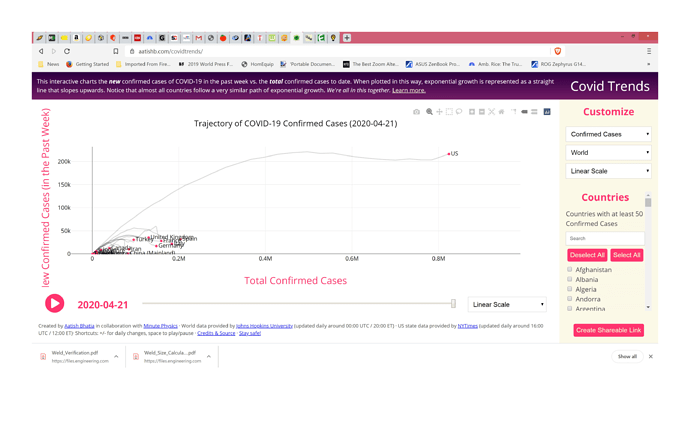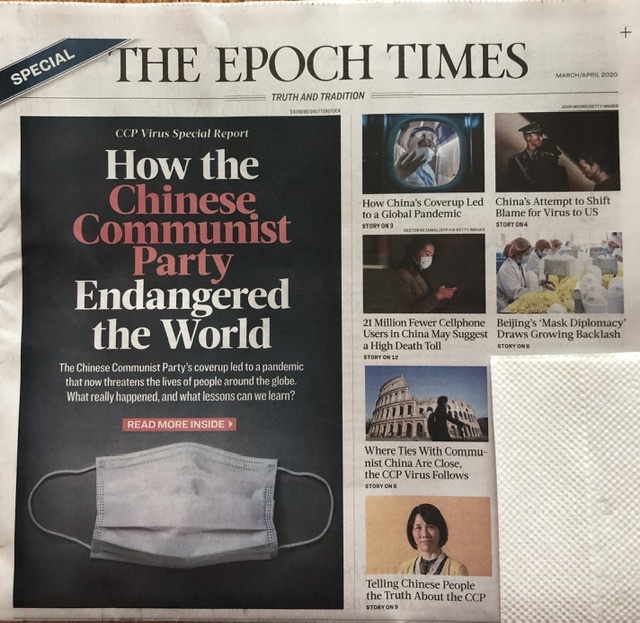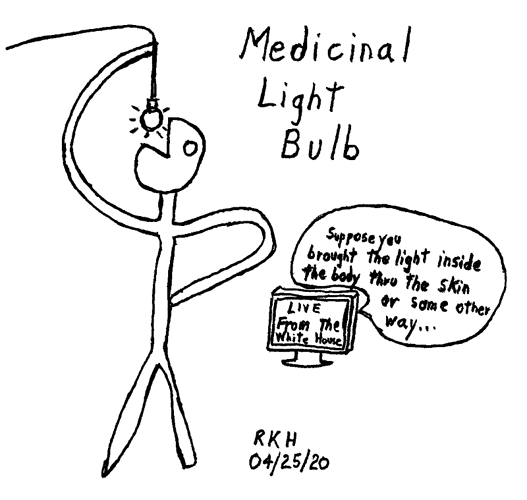Health of the population is directly linked to the efficiency of the economy,
I would suggest that if that were true then the US, having an exceptionally efficient economy, would have a healthy population. Such is not the case. It might be true for a small select portion of the population but is not correct for the general society. If true, then why are the poor and disenfranchised parts of your society twice as likely to die, as is the case with this pandemic? Why does Cuba have a lower infant mortality rate? In a healthy society, there could be a correlation, but this has been seriously corrupted.
.and indirectly then to the GDP.
An efficient economy can lead to a healthy GDP, but is not a guarantee of one. This is largely a function of resources, including people. The GDP of many of the middle east petroleum producers may be high. I would hardly suggest that this was due to an efficient economy… simply an excess of resources. In Japan’s instance, their GDP is a matter of the people since they are resource poor. My reference to sacrificing my life for a higher GDP is a caustic comment about recent matters where politicians and businessmen are prepared to sacrifice lives, not theirs, to improve the GDP. They themselves, are isolated from this selection mechanism.
As a society’s average age gets old, this is one of the downstream effects (eg. Japan and Italy). Not only are younger people lesser consumers of public resources, they also produce more for less (seen coldly)
Concur… with a caveat… the younger people are riding on the wave produced by the older ones and are benefiting from it. They are already starting from an elevated perch. One of the few duties a government has is to look after the long term interests of the citizenry… this includes the ‘old codgers’.
One of the ways a society can mitigate the effect of this is to support public health policy that prevents young people from becoming sick people before they become old people.
While also looking after the old codgers.
Some countries get this (UK, Canada, Japan)…
and many of the European and Scandinavian countries fall into this category. Of the Western countries, the US and Mexico seem to be the exception. The GDP of these countries is wildly different.
Then there’s the “international” level of analysis of Germ Warfare.
This has two significant issues. Initially, it is used politically to deflect blame. Why would a government need to deflect blame? Perhaps, a smokescreen to obscure the real causes of the problem. Of a more significant matter the coronovirus provides a window on the real consequences of bio-warfare. It can be far more damaging than chemical or nuclear, unless on a global basis. With bio-weapons, borders become less significant.
‘ … the Orangutan-in-Chief’ is a product of the American population and is representative of a large segment of the population. He is also a symptom of a much greater problem.
Then there are also a lot of unsaid things which would contribute to helping and mutually support, such as the sharing of scientific knowledge and what works/doesn’t work between people who got in trouble first.
Concur… I suspect, initially, that the Chinese had no idea of the gorilla they had their hands on and for reasons of security or false pride did not involve the rest of the world. It was a mistake, but not the worst one. Once the Chinese did inform the world, after about a week, they realised they had a significant problem and informed the WHO. They provided genetic material and their doctors and the Australians were the first to map out the genome; this was back in January. This lag is brief considering the time our governments have squandered without being proactive. It is used as a smokescreen to obscure our own inaction.
I suspect both our countries are in for a ride of our lives and it will not end ‘pretty’.
Different strategies, adopted by different agencies, with different long-term agendas, according to their priorities and where they find themselves “on the curve”.
All this has had the effect of making control more elusive and wasting huge resources that could be better used.
Dik


